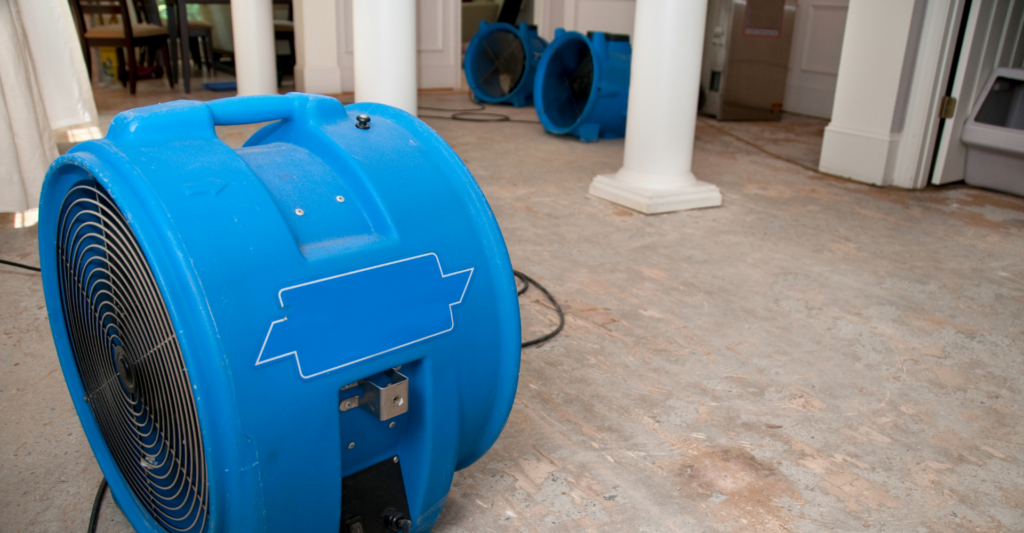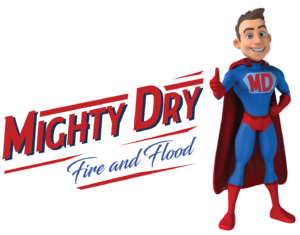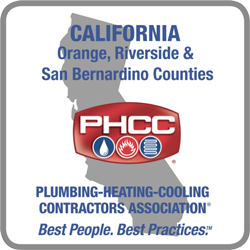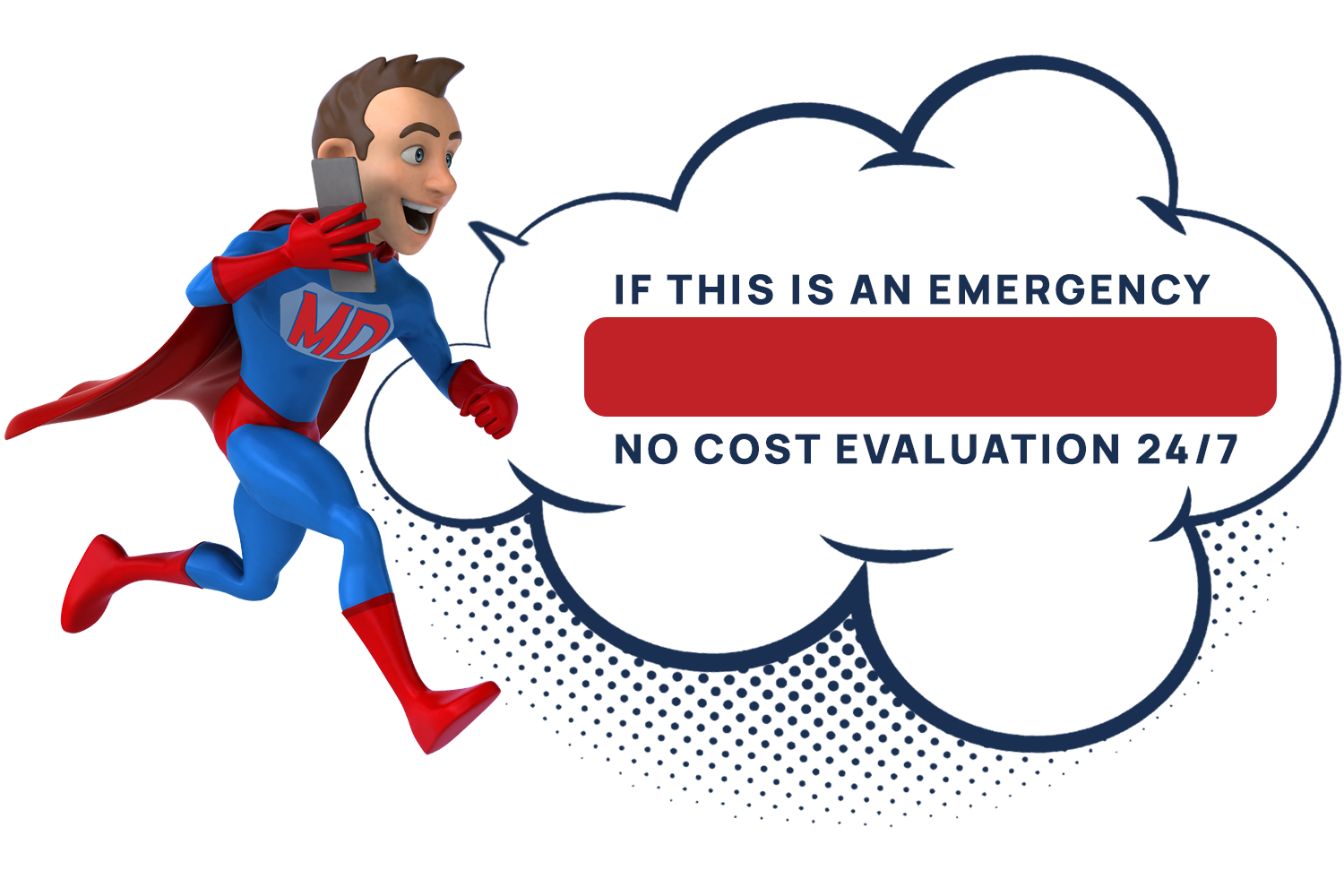When faced with a flood, broken pipes, or any other water-related mishap, homeowners often require the services of professional water damage restoration to regain a safe and habitable living environment. Yet, many homeowners might question if it is safe to stay in their homes after experiencing water damage?
Firstly, homeowners should review their home insurance policies to determine if they include additional living expense (ALE) coverage. Depending on the insurance provider and the severity of the water damage, you may be eligible for additional financial assistance to cover temporary relocation. If these alternatives are not an option for safety, here are a few factors to consider to help determine if you should stay in your home:
1. Determine What Rooms or Areas of The Home Were Damaged
In the event that the damage is limited to a specific area such as a bedroom, it is probable that you can continue residing in other parts of the house that are unaffected. Similarly, if the damage occurred in spaces such as the garage, den, or family room, you may still be able to utilize other areas of the house for comfortable living. However, if the damage is present in essential areas like the kitchen or bathroom, it is likely that you will require access to those areas to maintain a satisfactory living condition. Additionally, these sections of the house may pose potential hazards, including sewage or other related issues.
2. Assess The Type of Water Damage In Your Home
If the water damage originates from clean water sources such as running water from the sink, dishwater, or washing machine, it is likely to be less severe. However, if the water damage involves sewage, wastewater from appliances, or rainwater that could potentially be contaminated, it may pose health hazards due to the presence of harmful contaminants in the water. In such cases, it is important to address the situation promptly to ensure the safety of your health and well-being.
3. Is There a Possibility of Mold?
The presence of moisture due to water damage can lead to the growth of mold and mildew. If there is a high likelihood of mold development, it is advisable to vacate the premises as it can pose a health hazard. In such situations, the restoration company may need to conduct mold remediation procedures, which typically require the occupants to temporarily leave the house until the remediation process is complete.
4. Can You Be Comfortable During the Restoration Process?
The restoration process following water damage may involve multiple steps, each with its own requirements. Water extraction and drying procedures often involve personnel and machinery that can create noise and discomfort. Additionally, if your home necessitates renovation and construction in the affected areas, it will require the presence of personnel and machinery, which can also contribute to noise disturbances.
Seeking a Restoration Provider
While it may be deemed safe to continue living in your home during water damage restoration, it is crucial to address the issue promptly to prevent further damage and potential health risks. If you find yourself in need of water damage restoration don’t hesitate to call Mighty Dry Restoration at (858) 900-3311 for a free evaluation.









